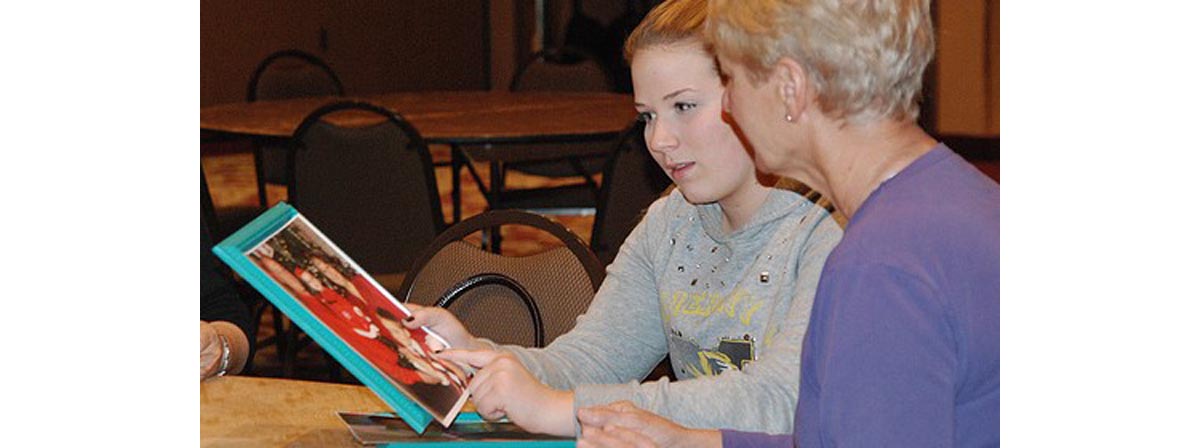Table of Contents
Dana's mother was 40 when she was born, 30 years ago. Her parents had been married for 12 years by that time, and has been trying to get pregnant all that time. She grew up an only child, and her father took on most of her care. When I first met Dana — who is now one of my best friends — she described her family as picture perfect, but something was wrong.

Little details started emerging. Little, disturbing details. Dana remembered asking how babies were made, and her grandfather replying that "the doctor puts the baby in her mommy's tummy". Her father reacted angrily, "next time you have questions, ask me and only me". Her father frequently made comments about her mother's infertility. The official story was that Dana's mother had a hormonal problem, and that her cycles "finally started working right after she held her sister's baby in her arms".
Dana looked nothing like her father, and his relatives never treated her the same as the other kids in the family. Something was wrong with Dana's father and his whole family, she concluded — something weird was going on. She quietly started asking questions, and her aunt told Dana that she was conceived through "fertility treatment", though she didn't know which treatment.
To this day, the guy doesn't know Dana did the test, but it changed her life forever.
Dana was relieved to find out the truth, because she has always known on a sub-conscious level. But she is also angry. Angry about the idea she has been confronted with online and in person, that at least she was very wanted. "No," she says, "I wasn't wanted. Their biological child was, which is why they tried to conceive for 12 years first. I was the backup."
In the years since Dana found out that she was donor-conceived, her views have changed considerably. She never thought about gamete donation before she knew her own background, and when she found out she simply wished she knew the truth from the start. Then, she decided she was against anonymous gamete donation and finally that she thinks the practice is wrong altogether, in any circumstances. She feels that:
- Donor offspring are treated as third-class citizens; adoptees and products of a one-night stand are the second-class citizens. They also don't get to know their genetic identity, but at least they are allowed to express sadness about it.
- It is wrong to intentionally produce children who will never know their true identity.
- It is wrong for social parents to keep donor conception a secret.
- Donating sperm anonymously is an act that may have aimed to help someone, but it creates a lot of pain.
- The fertility industry does not have the best interests of children at heart, and treats children as products.
- Photo courtesy of Stéphane Moussie by Flickr : www.flickr.com/photos/stephmouss/5396420759/
- Photo courtesy of KOMUnews by Flickr : www.flickr.com/photos/komunews/8224924289/


Your thoughts on this